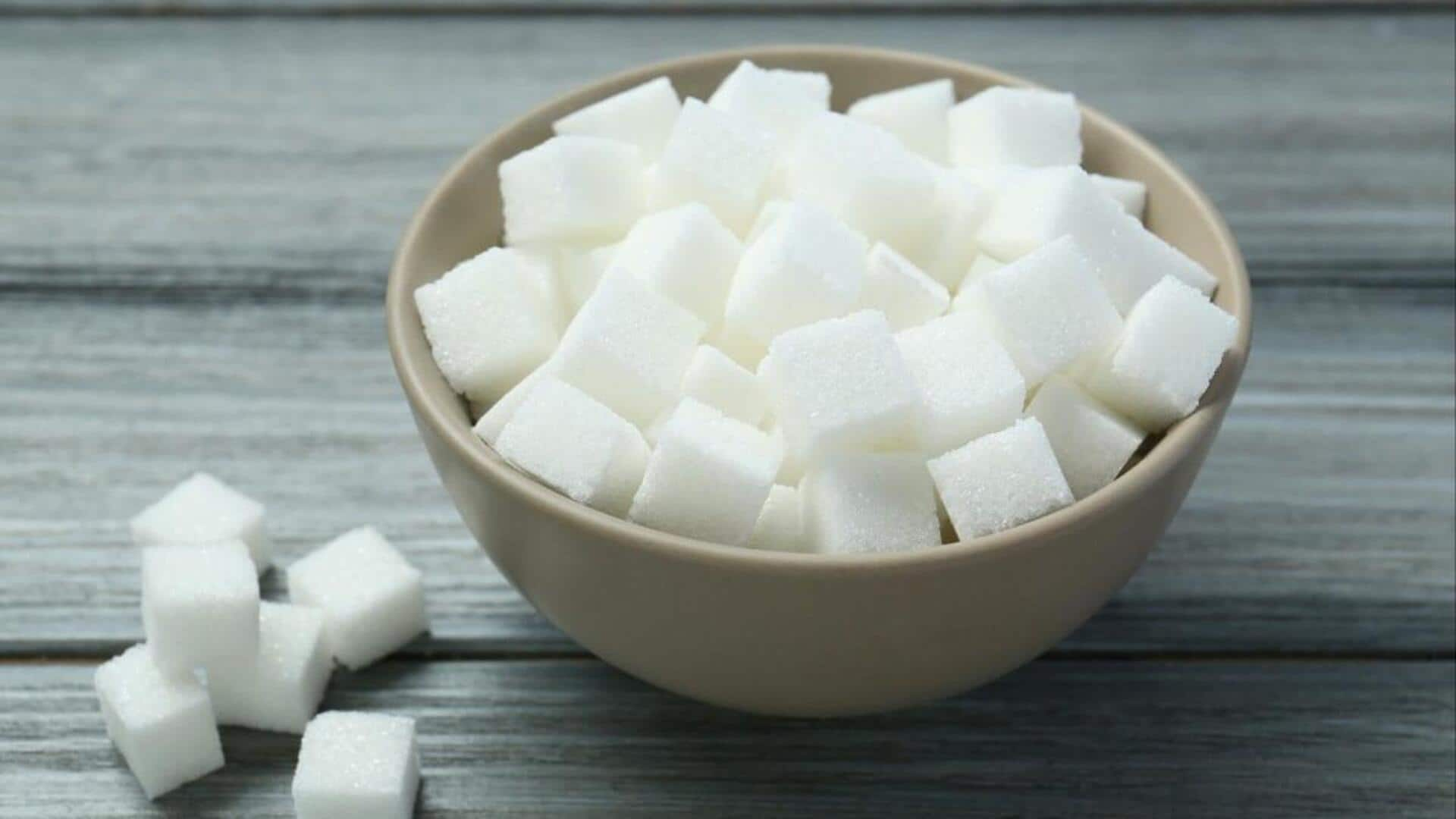
Scientists turn CO2 into sugar: Here's why this breakthrough matters
What's the story
Chinese scientists have developed a groundbreaking a method to convert carbon dioxide (CO₂) into white sugar through an enzyme-driven biotransformation process. The research team took methanol as a key ingredient to create sucrose in the lab using enzymes This system avoids the need for agricultural resources like land and water, offering a more sustainable and space-efficient alternative to traditional sugar production.
Process details
How did the team carry out the conversion?
Methanol, which can be sourced from industrial waste or produced by hydrogenating carbon dioxide, plays a crucial role in this biotransformation process. The Chinese scientists used enzymes to convert methanol into sucrose. This method was also successfully adapted to produce other complex carbohydrates such as fructose and starch. The team's findings were published in the peer-reviewed journal Science Bulletin in May.
Potential impact
Artificial conversion of carbon dioxide into food
The Chinese team believes that the artificial conversion of carbon dioxide into food and chemicals could be a promising strategy to tackle both environmental and population-related challenges. "Artificial conversion of carbon dioxide into food and chemicals offers a promising strategy to address both environmental and population-related challenges while contributing to carbon neutrality," they wrote in their paper.
Achievement
Biotransformation system could revolutionize sugar production
The team from the Tianjin Institute of Industrial Biotechnology at the Chinese Academy of Sciences, highlighted the success of their biotransformation system in synthesizing sucrose from low-carbon molecules. They said, "In vitro biotransformation (ivBT) has emerged as a highly promising platform for sustainable biomanufacturing." This breakthrough could revolutionize how we produce sugar and other complex carbohydrates, potentially reducing our reliance on traditional agricultural methods.